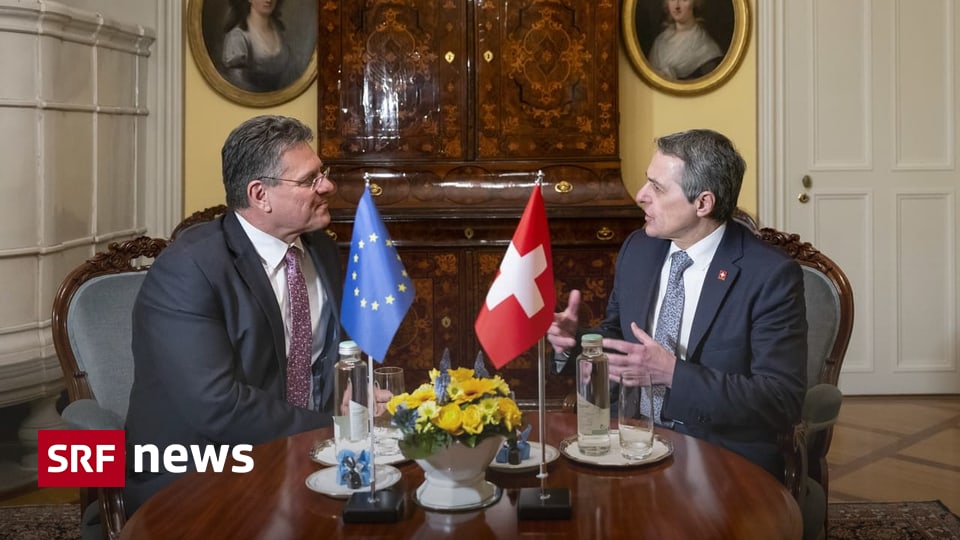Switzerland is on the brink of finalizing a significant agreement with the European Union, which has sparked intense debate over labor regulations and immigration.
The Swiss government, led by Federal Councillor Ignazio Cassis, is negotiating terms that could reshape the landscape for temporary workers, who currently make up a significant portion of the workforce, particularly in sectors like construction.
Unions are pushing for stronger protections, arguing that temporary workers, often from abroad, face unfair conditions compared to permanent employees.
They advocate for adopting EU laws that ensure equal treatment in terms of wages and rights.
However, personnel service providers warn that such measures could harm economic flexibility and increase unemployment.
A study commissioned by Swissstaffing suggests that additional regulations might not improve conditions for temporary workers but could instead lead to more precarious employment situations.
Meanwhile, political parties like the SVP and unions are united in their concern over the potential impact of increased EU influence on Swiss labor laws, fearing it could undermine local wage protections.
As negotiations continue, the outcome remains uncertain, with both economic and social implications hanging in the balance.









